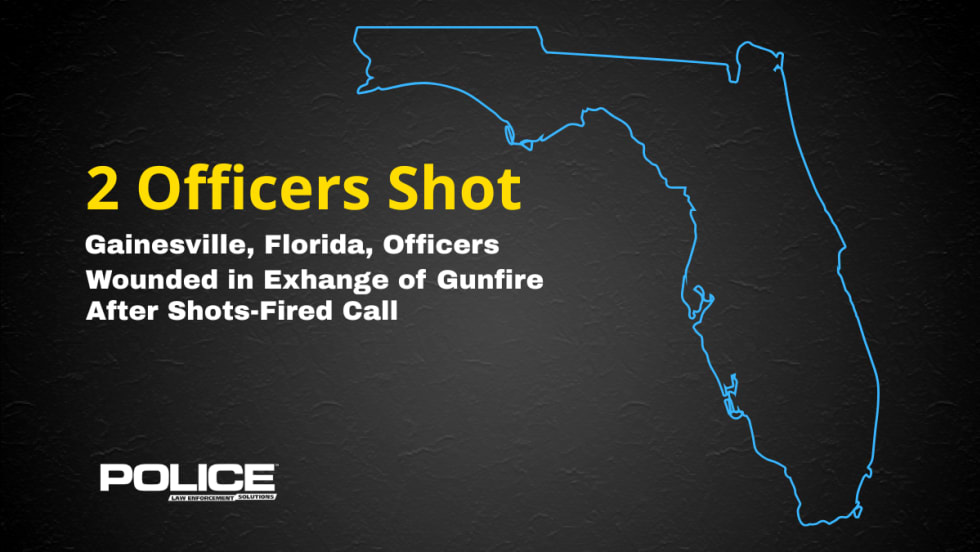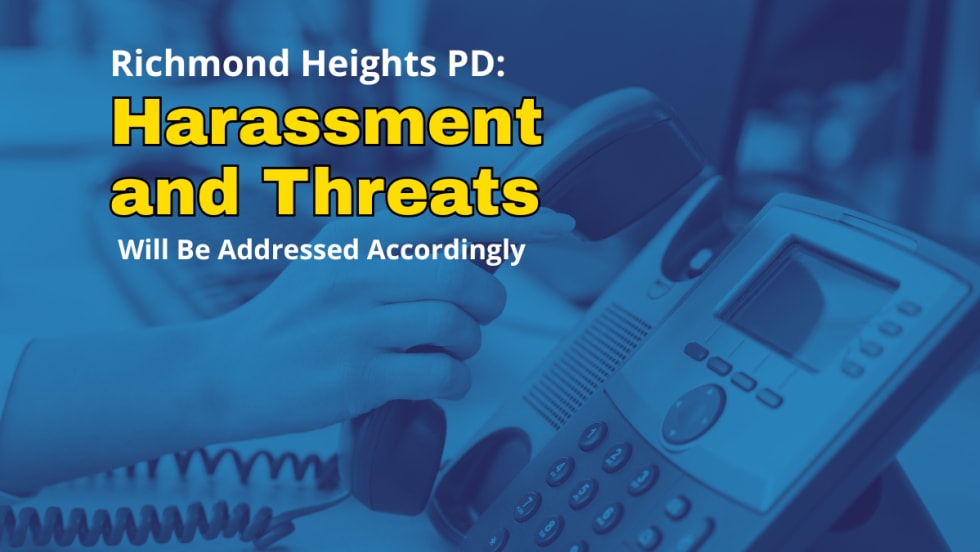Most lawyers hate surprises. Experienced trial attorneys are like producers of multi-act plays. We script out lines of inquiry, carefully order the exhibits we will use, and prepare for every foreseeable contingency. Yet far too often, those of us who represent or work with law enforcement are surprised by a critical piece of evidence that was not carefully assessed or a witness who was recently discovered that we did not plan for and had not interviewed or deposed.
As the parent of teenage boys, I'm occasionally forced to end family squabbles by telling my sons, "When I want your opinion, I'll give it to you." But as I reviewed Dr. Ron Martinelli's article, "Investigating Self-Defense Asserted Homicides," I concluded that the same thing should not be said by prosecutors and civil defense attorneys as they work with police investigators.
My career as a lawyer has given me the privilege of working with police for over 30 years. It’s no great revelation that lawyers and police officers look at cases differently. Because I don’t have the breadth of law enforcement experience and the intensity of training that a police investigator has, I always look first to what the law is before I even think of police procedures or officer conduct. Law, not experience or instinct, guides my determination about how to proceed. Police officers instead tend to look first at the facts of a case, and then apply their training and experience to assess its strength. Law, if it is considered at all, comes later in an officer’s analysis.
This difference in approach can help to explain the frustration that an officer feels when explaining to a prosecutor why the evidence leads to a conclusion of guilt and the prosecutor responds that "It's just not enough." The police officer may have reasonably concluded that the weight of the evidence points firmly towards guilt, while the prosecutor might look at the same evidence, determine that some of the evidence is inadmissible, and reach a different conclusion from the officer. What is abundantly clear is that both the investigator's conclusions and the lawyer's conclusions can be valid, even if they are different.
Martinelli's thesis that the purpose of any investigation should be a search for the truth is correct. However, the question left unresolved is: Whose truth—the lawyer’s or the officer’s?
Getting the Facts
Let’s start out by agreeing that both police officers and the lawyers who work with them want the facts. But lawyers need something more than Sgt. Joe Friday's investigative maxim, "Just the facts, ma'am." We need the perspective, training, and wisdom of the police officer that has collected them to help place the facts in context.
I learned early in my career as a federal prosecutor that I needed to go beyond the black-and-white details of a police report to get the whole truth. I never saw a police officer lie in a report, but my experience did teach me that I often needed to ask questions of the officers I worked with to provide context and meaning to the conclusions found in their reports.
It's also critical for lawyers to talk openly with police investigators about not just what's in the reports, but what's not in them. Sometimes, the nuances of a particular interview are not written down, and only by having frank discussions with the investigators can the lawyer get a complete picture of what the facts are.
As a lawyer, I want the facts—all of them. I don't want just the facts that support my case. I don't want the facts that just support the officer’s concept of justice. I want them all.
Most lawyers hate surprises. Experienced trial attorneys are like producers of multi-act plays. We script out lines of inquiry, carefully order the exhibits we will use, and prepare for every foreseeable contingency. Yet far too often, those of us who represent or work with law enforcement are surprised by a critical piece of evidence that was not carefully assessed or a witness who was recently discovered that we did not plan for and had not interviewed or deposed.
The solution is straightforward: honest, constructive collaboration between lawyer and officer is imperative. It takes trust. It takes respect. And most of all, it takes time working together to get it right.
No Bias
Occasionally, emotions or biases get in the way of our search for the truth. Let's be frank. We all have biases. We all care deeply about what we do. What's important is that we check our biases at the door as we look at a given set of facts. Even more important is the mutual obligation police and lawyers have to call each other out if those biases impede the search for truth.
Martinelli asserts in his article that surprises are infrequent when police agencies investigate an incident when another officer uses deadly force or is accused of misconduct. Most agencies with which I am familiar take police shootings very seriously, and expend the time and resources necessary to fully and completely uncover all of the relevant facts. While professionalism would demand that all shootings be investigated similarly, we live in a time of limited resources and overworked investigators and prosecutors. Police investigators get to set their priorities, and as U.S. Magistrate Judge Carmen Garza recently held, there is no federal due process right to a police investigation.
However, whenever we fail to fully search out the truth, particularly in homicide investigations, we do a disservice to both the victim and the accused,
Teamwork
As a prosecutor, more than once I had to determine whether a self-defense claim was valid, and ultimately to decide whether to indict a case or not. As always, I turned first to the law. Fortunately, case law is well-developed in this area, and is sometimes even set out in statutes. But the search for truth involves more than rooting through law books, it requires analysis of the practical considerations set forth by Martinelli in his article. It involves application of law to facts.
It is in the application of law to facts that the experience and diligence of the police investigator needs to work in harmony with the legal knowledge of the lawyer. The investigator needs to have a complete knowledge of all the facts, and the lawyer an understanding of the law. Obviously, if the investigator's facts are not fully developed, or are somehow tainted by bias, the lawyer's application of law to facts will suffer.
The particular experience and expertise of police officers needs to be actively solicited by the lawyers that work with them. Candid discussions of the strength of evidence and witnesses are essential. I have learned to trust and rely upon the gut level reactions of police investigators in my practice. Those reactions prepare me for how to confront witnesses at trial or in deposition.
At the beginning of this article, I advanced the question, “Whose truth are we looking for, the lawyer’s or the officer’s?” Perhaps the best answer is “Both.”
Without the officer’s training and experience, and his knowledge of the facts, the lawyer’s version of the truth is at best, incomplete. Without the legal analysis and courtroom experience of the lawyer, a police officer may not be able to articulate the truth to a judge or jury. The truth that lawyers and police officers seek can be found in the oath familiar to us both. The truth we are looking for is “the truth, the whole truth, and nothing but the truth.”
At its best, the synergy created in a respectful relationship between police investigator and lawyer will advance the quest for the truth. And that, after all, is what we are both looking for.
Mark D. Jarmie, Esq., is a trial attorney in private practice who represents police agencies throughout New Mexico. He has served as Assistant U.S. Attorney and the Director of Prosecutions for the New Mexico Attorney General. Jarmie has successfully tried dozens of jury trials and is a recognized member of the American Board of Trial Advocates. He also assesses liability for police agencies throughout the country through the trial consulting company www.AnotherLook.us.











